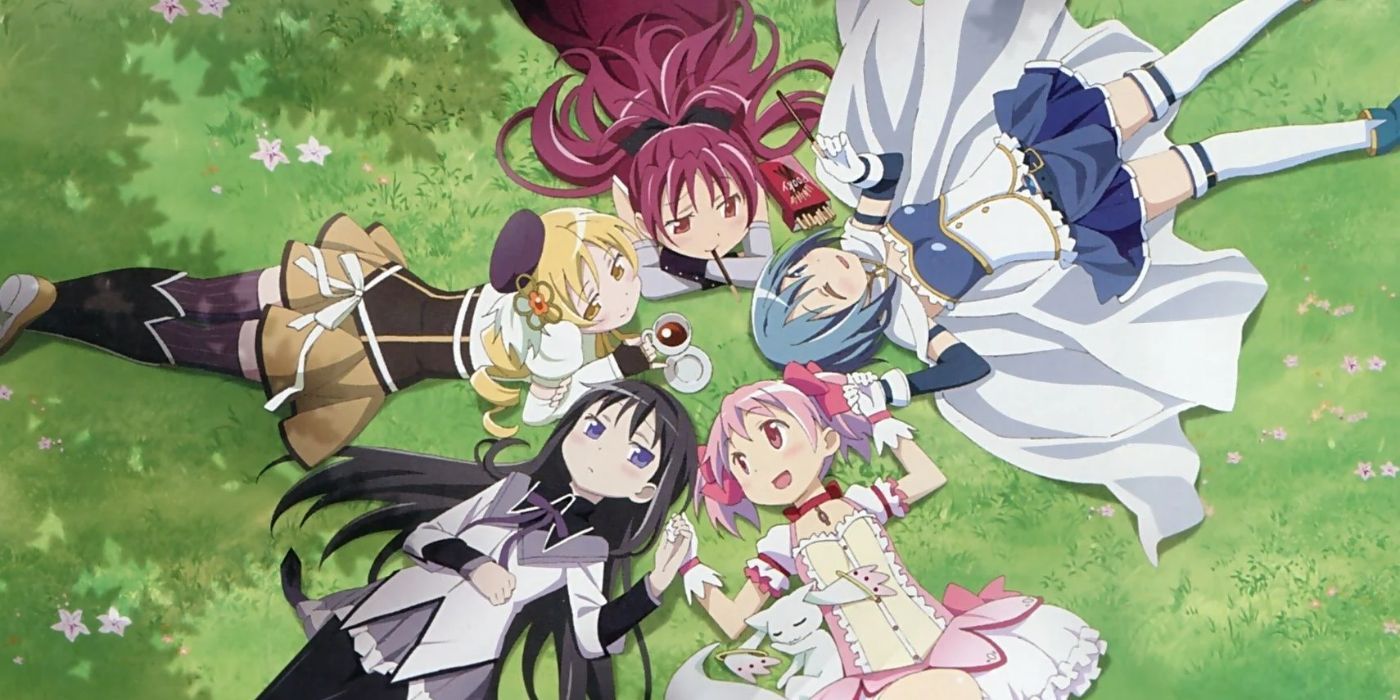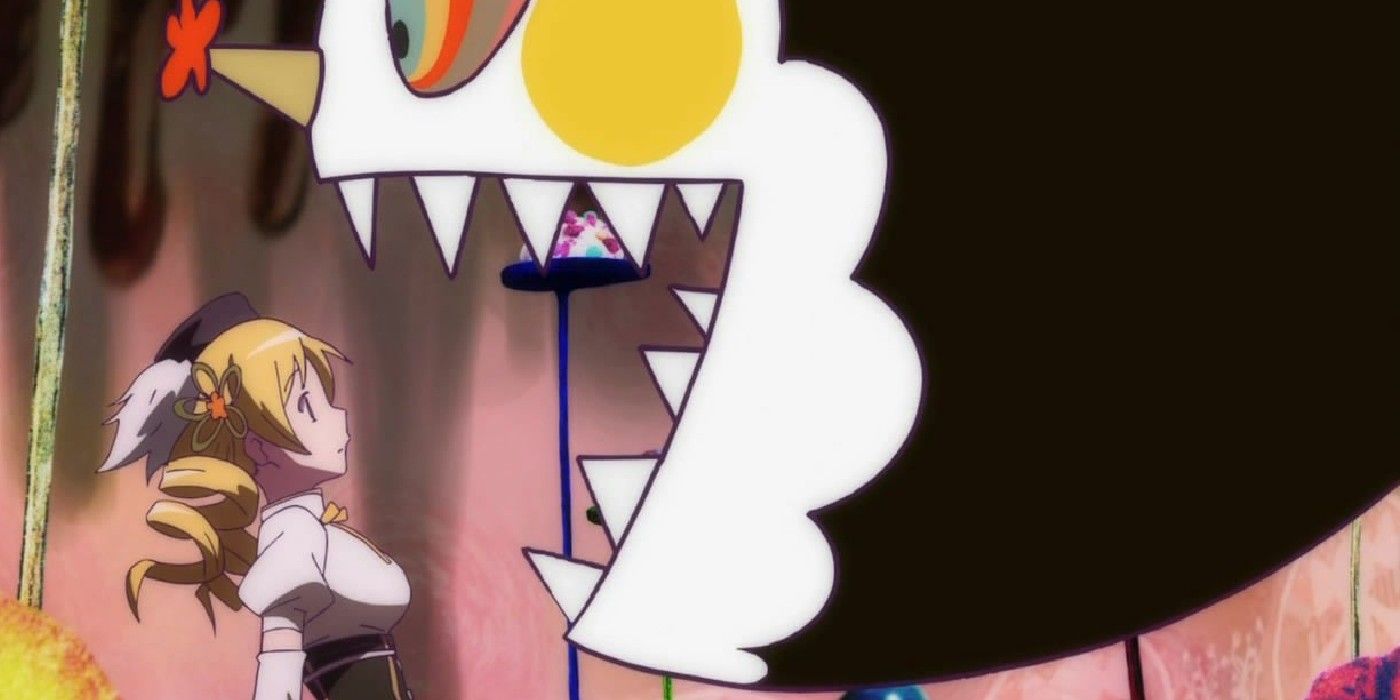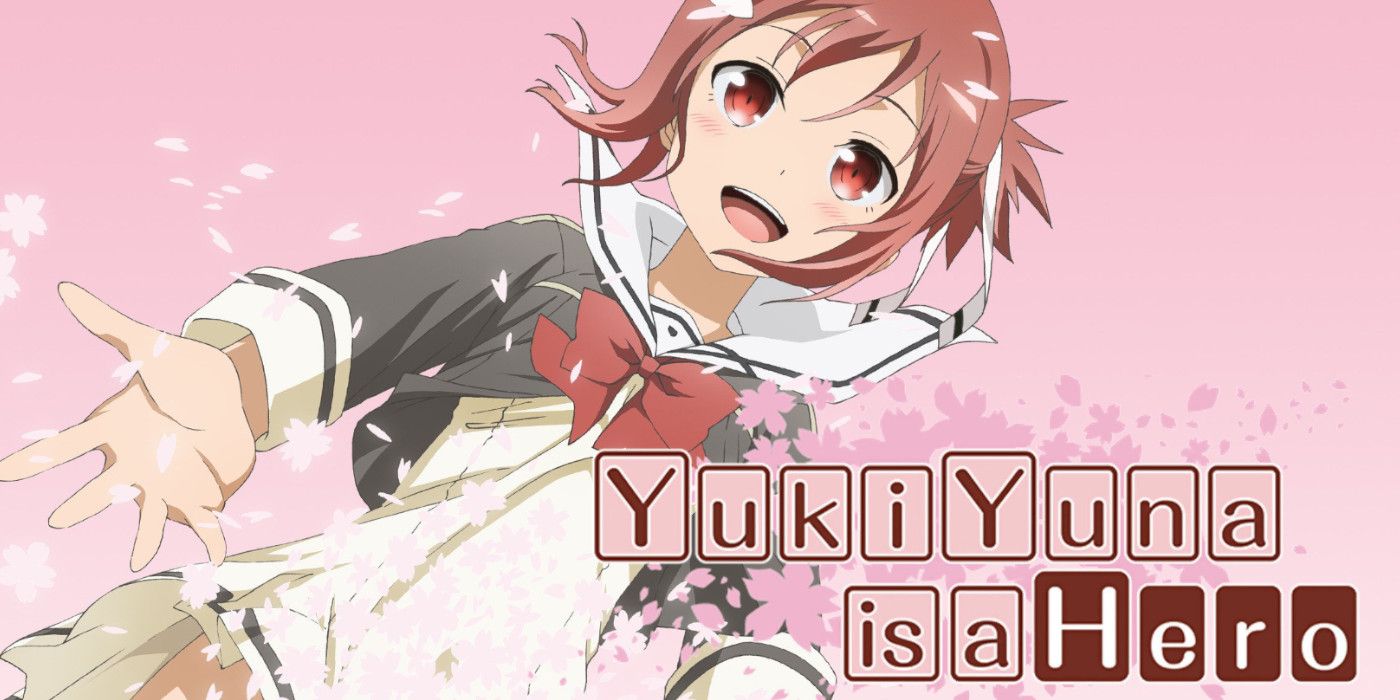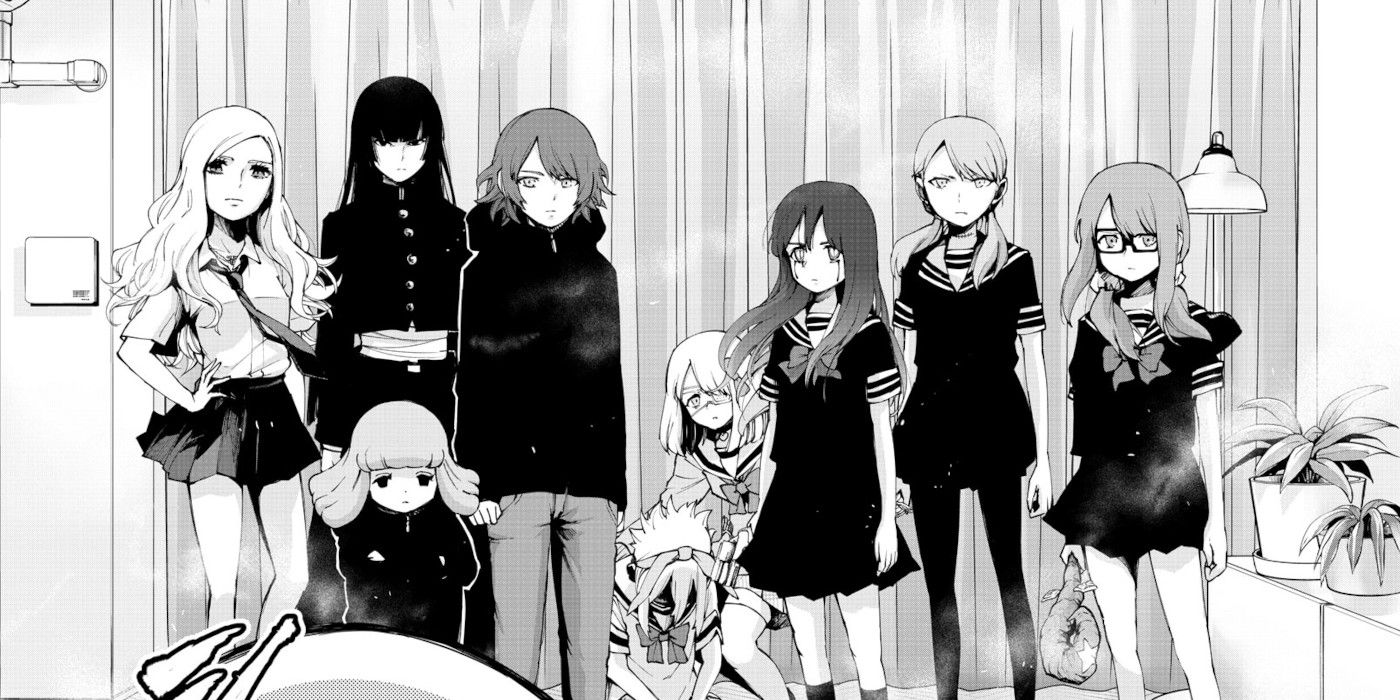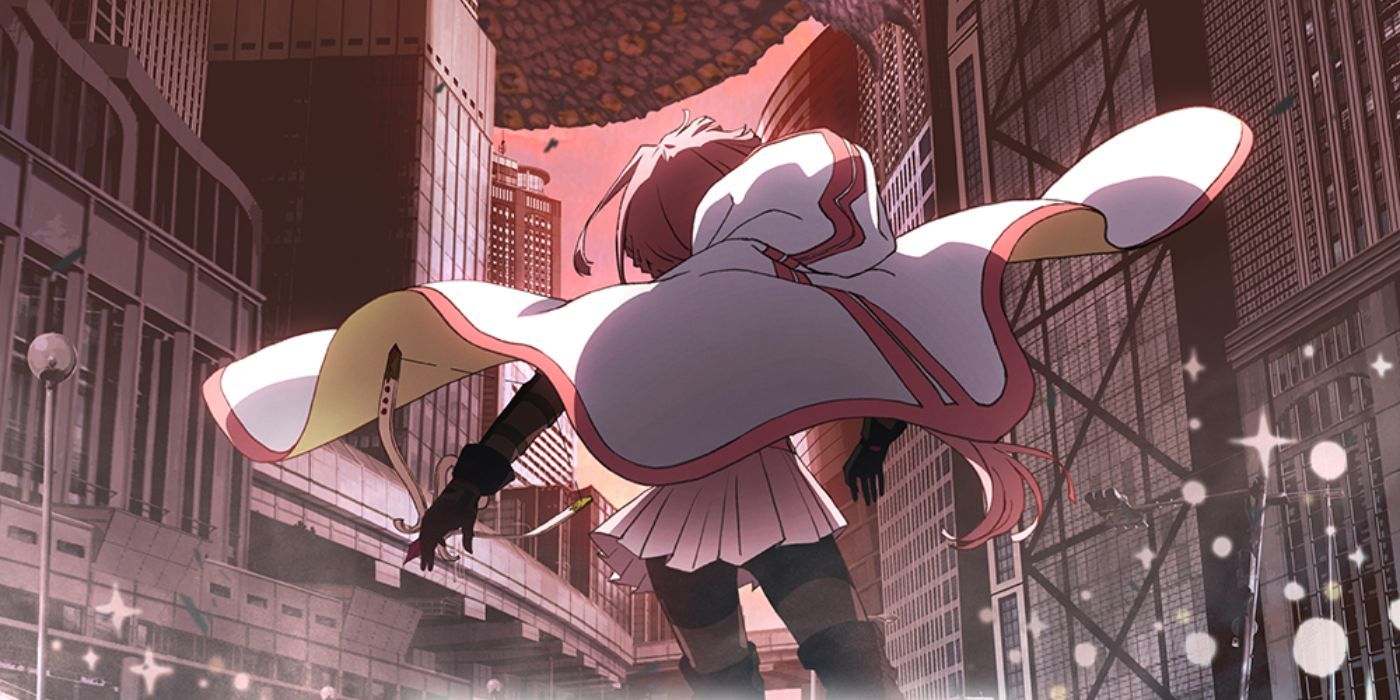Madoka Magica was a magical girl anime that first released during the Winter 2011 season. Its first two episodes received a mostly lukewarm reception, with many writing it off as yet another seinen magical girl anime with moe elements (albeit one with a unique look). Then the third episode aired, and both the trajectory of the show’s story and its audience perception went through a great shift. The twist at the end of that episode went on to cement the series as something completely new not just for the genre, but for anime as a whole.
For the years to follow, each new anime season would have at least one dark magical girl show clearly riding on the success of Madoka Magica. Yuki Yuna is a Hero, Magical Girl Raising Project and Magical Girl Site are just a few examples. This trend would go on for a few more years but eventually started to die down, until most years only saw one new addition to the dark magical girl genre. Why is it that none of these following shows were able to replicate Madoka Magica’s success? Let’s take a look.
The Shock Factor of Madoka Magica
Episode 3 of Madoka Magica was a major turning point for the series, mostly because no one saw its end twist coming. There were subtle hints planted from the beginning at some level of wrongness within the show's setting, but most viewers didn't expect it to lead to a seemingly major character's death. In fact, many even expected Mami to somehow come back to life at some point later in the series. But no, she stayed dead -- and other magical girls would soon follow in her footsteps.
Later magical girl shows would be more upfront about their dark themes, usually showcasing them right from the first episode. Even those that didn't completely show their hand until later on, like Magical Girl Raising Project, were advertised as having dark themes through their promotional material and official synopsis. For shows like that, viewers are expecting the eventual dark twist. As such, the shock factor no longer comes into play.
Clichés Unique to the Dark Magical Girl Genre
As with any popular genre, the dark magical girl genre soon became plagued by clichés that seemed to litter every single series that succeeded Madoka Magica. There's the seemingly wholesome atmosphere that lulls the viewer into a false sense of security, the cute girls in color-coded outfits, and the chilling atmosphere when the girls go into battle. But most of all, there's the constant threat of death and violence the girls have to contend with every time they don their frilly outfits.
But because these are clichés unique to the genre, audiences have come to expect them. So when the cute marketable mascot turns on the girls and starts to encourage violence, it's not a shocking twist. When the girls start to turn on each other, it's to be expected as well. When the girls start to die, well, at this point it would be more surprising if nobody died. The grim darkness inherent to these types of shows is no longer viewed as edgy or unique because of the sheer number of these types of shows. It's not subversive, it's not cool -- it's just something Madoka Magica did better.
Dark Magical Girl Anime Started Getting Too Dark
While Madoka Magica is a dark series, it ultimately has a message of hope. But for many other dark magical girl anime, that darkness seems to persist for as long as the show aired with very few bright spots, if any at all. Magical Girl Raising Project is a survival action series where the main characters quickly started dropping like flies once the true nature of the "game" they're playing is revealed. As the series continued, it became increasingly harder to care or cheer for the characters with how quickly they were being picked off.
Magical Girl Site seemed to revel in torturing its protagonist, going through great lengths to make her life as miserable as possible. Magical Girl Spec-Ops Asuka is both grimdark and fanservice-driven, so much so that it doesn't even feel like a magical girl anime.
With shows as bleak as that, why should viewers even bother to care anymore? The situation will just keep getting worse as more and more bodies keep piling up. The seemingly wide-eyed, idealistic protagonist loses all hope and becomes a shell of who she used to be. The credits roll. But that's not the core message of Madoka Magica or the magical girl genre as a whole. In the finale, Madoka continues to hold onto that hope and idealism, and in doing so is able to save every magical girl from both the past and the future. As Homura carries on despite Madoka's sacrifice, Madoka's hopeful spirit encourages her and the audience to keep fighting.
Madoka Magica’s Unmatched Legacy
The story of Madoka Magica doesn't end in its 13-episode season. It would soon receive three films, a mobile game with an anime based on it, a manga and even novel adaptations, including several spin-offs introducing entirely new characters. Despite its humble beginning as an anime original, Madoka Magica has become one of the biggest magical girl franchises of the modern era and has continued to bring in new fans more than a decade after its release.
Despite having inspired many other dark magical girl anime that attempted to ride on its success, Madoka Magica remains unmatched as the genre's codifier. Many seemed to have given up on the trend, as these series have shown up less often in newer seasons. If any dark magical girl anime finds a way to outperform Madoka Magica, it will truly be an impressive feat. But until then, the Madoka franchise still has a lot to offer for anyone seeking a darker twist to the magical girl genre.

